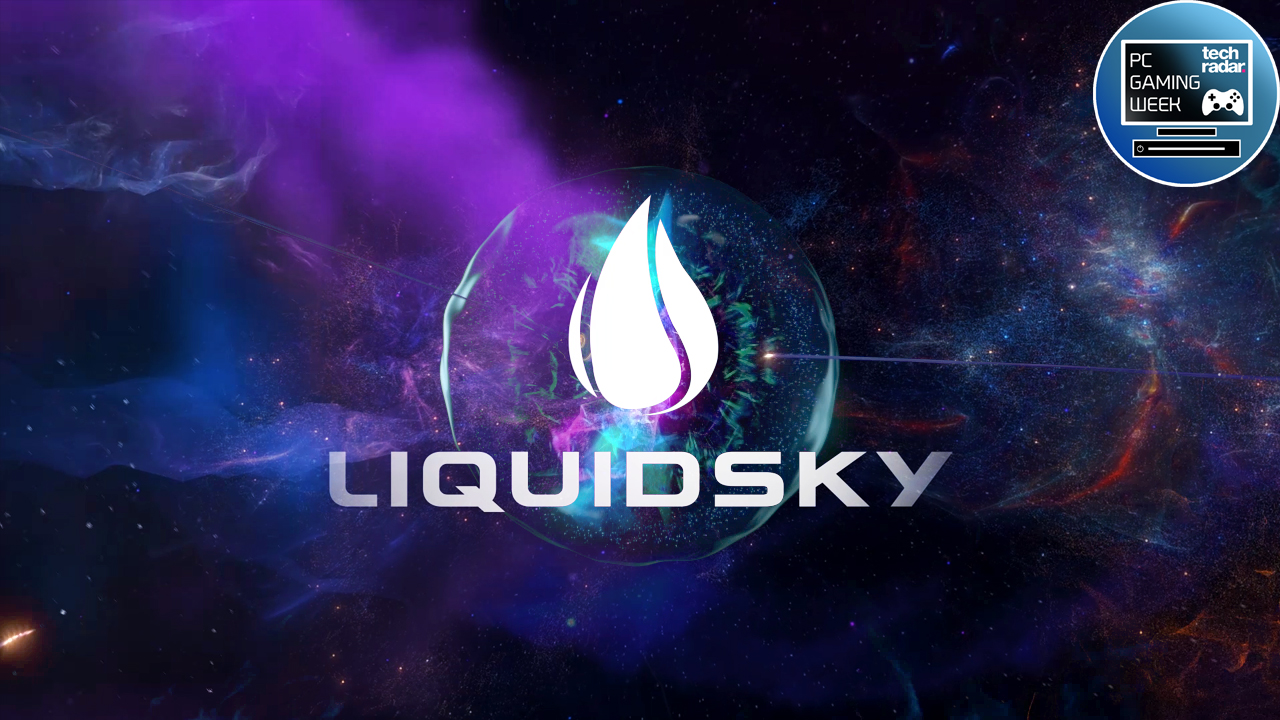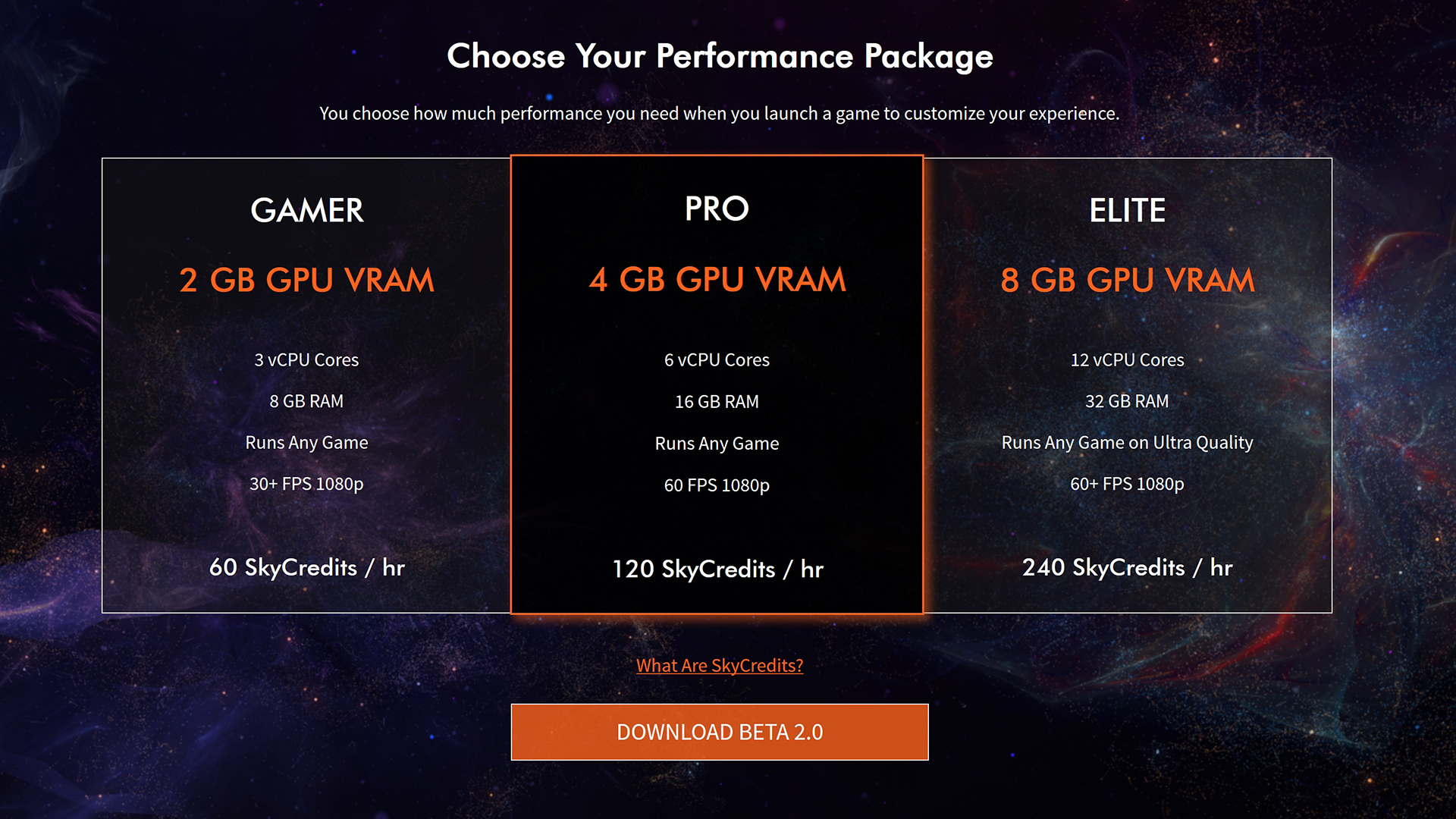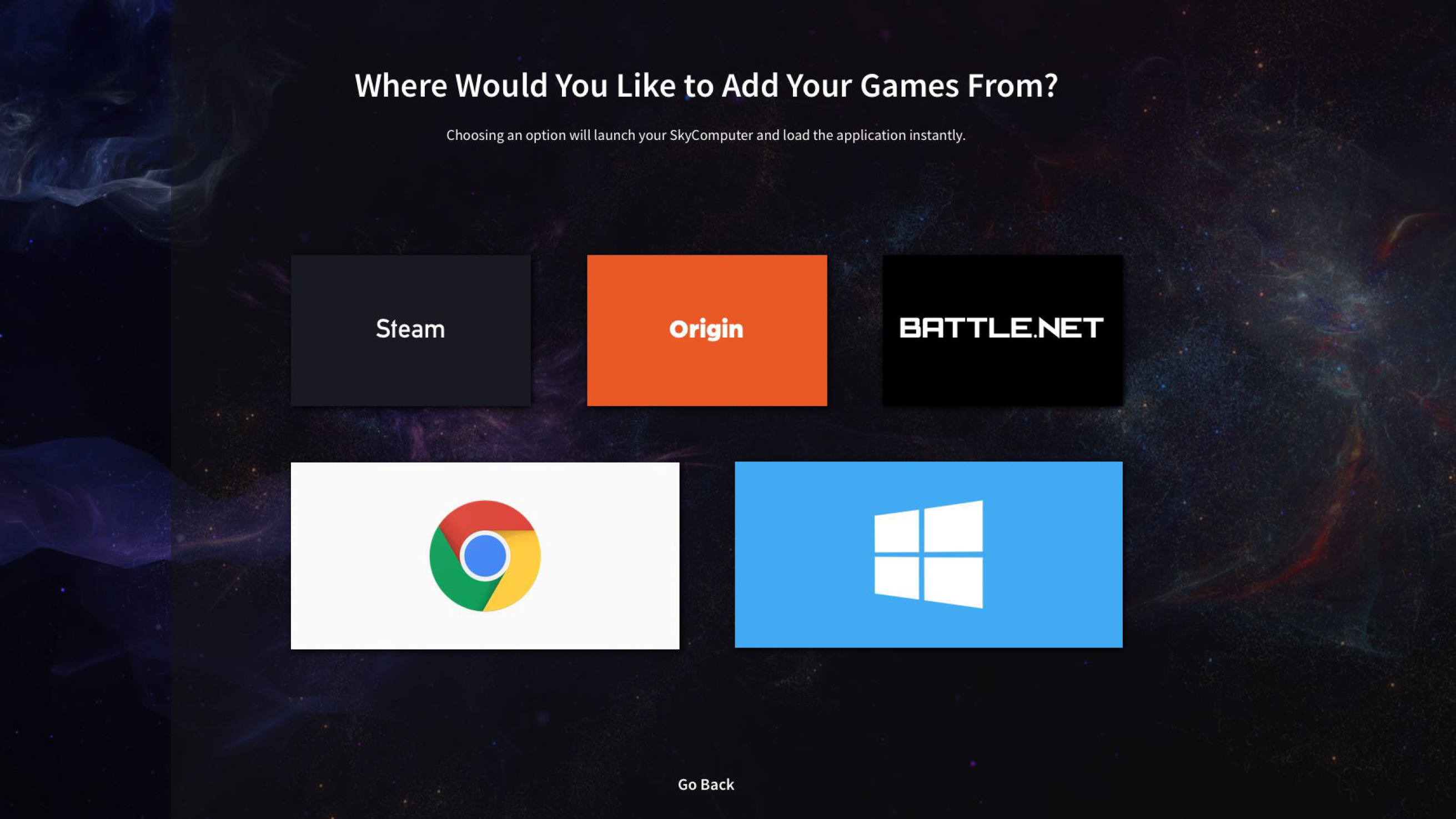How LiquidSky is pushing the future of streaming PC games

Streaming our video games has been a dream for many, and it’s taken many forms in recent years. OnLive pushed the idea of a streaming console allowing players to game over the web, like watching movies on Netflix. More recently, local streaming came to both PCs and consoles alike. Now, LiquidSky is pushing the idea of streaming an entire gaming PC environment that you can access from your own desktop, laptop, phone and everything in between.
Announced just this year at CES 2017, LiquidSky is a cloud gaming service that grants you access to a virtual SkyComputer. You can access this digital computer from a Windows, Mac, Android or iOS device to play games through Origin, Steam, Blizzard or any service typically found on PC. The kicker here is users can access the service for absolutely nothing.
That’s right – there’s a free option.

It’s one big advantage over Nvidia’s GeForce Now, even if its $25 for 20 hours of play with a GTX 1060-powered PC or 10 hours with a GTX 1080-powered machine breaks down to just $2.50 to $1.25 per hour.
LiquidSky having a freemium model wins over that and it essentially revolves around a points system. You can accrue points by watching advertisement videos, which they can then spend on playing games at one credit per minute or half credits for every 60 seconds of Pro SkyComputer usage (read: average performance).
It’s an interesting model to say the least, but Ian McLoughlin, co-founder and CEO of LiquidSky, tells us it’s been a huge success in its beta-stage, with over a million subscribers – many of which are often on an Android device playing GTA V on the go.
For McLoughlin and his team, it has been an insurmountable challenge to get here from reducing latency, creating predictive software for controllers and simply creating an app that doesn’t crash on startup.
Sign up for breaking news, reviews, opinion, top tech deals, and more.
“I always get asked by investors, by everybody, ‘what’s the secret thing that you solved,’ and there is no secret thing, there is a million little things we solved all over the place,” McLoughlin says.
“Our initial target, go-to market and our existing community so far are people playing single player games, like GTA V, No Man’s Sky and Skyrim,” he continues. “But, we’re working our way into the competitive market slowly as we get the latency lower and frames per second higher to around 100+.”

LiquidSky’s impressive tech is powered by 13 datacenters around the world, which create virtualized gaming PC hardware using enterprise-grade servers. On the user’s end, however, the hardware be as simple as a laptop with a quad-core processor and integrated graphics, all still push streaming at 60 frames per second (fps).
McLoughlin explains that it’s really not about the power of your graphics solution, but generation and codecs that can handle streaming efficiently.
“When the codec has a problem – and that’s happens all the time – it causes a screen tear or some virtual loss and tries to recover,” he says. “It will just keep trying to recover the same packet and that causes frame drops, whereas the newer generation decoders built into these cards will be able to handle things much faster.”
On the internet connection side of things, you don’t need much bandwidth either. LiquidSky only requires a 20 megabit-per-second (Mbps) connection over a recommended 5GHz band to stream optimally. It also works with a connection as slow as 3Mbps on mobile devices, since their small screens can hide bitrate loses.

The real issue, however, comes with packets of data being lost in the ether.
“When you have a real-time streaming service like Twitch,” McLoughlin explains, “it will sit there and buffer for 15 or 12 seconds ahead and when network loss happens – and it always does – using this thing called TCP, it’ll just keep retrying until it gets it and it will just cache ahead, so when the loss happens, the user still sees a continuous video.”
“We stream in real-time at under 100 milliseconds of via laser and with prediction,” he continues. “So, we have to ensure there’s not a lot of packet loss and when it does happen we have to recover very carefully and very quickly.”
While the LiquidSky team might be focusing on portability and playability on all devices, it also wants to have a device of its own. Currently, the company is exploring Sky-certified boxes, such as the BeeLink, that are guaranteed to work with LiquidSky.
Towards winter, there are also plans to introduce custom, curated boxes from Samsung, who was an early stage investor in LiquidSky, and other companies.
“It has been thousands of devices for us to optimize for,” McLoughlin says proudly while thinking back. “It’s very difficult, but we want to be the last people to have to do it.”

Welcome to TechRadar's 3rd annual PC Gaming Week, celebrating the almighty gaming PC with in-depth interviews, previews, reviews and features all about one of the TechRadar team’s favorite pastimes. Missed a day? Check out our constantly updated hub article for all of the coverage in one place.

Kevin Lee was a former computing reporter at TechRadar. Kevin is now the SEO Updates Editor at IGN based in New York. He handles all of the best of tech buying guides while also dipping his hand in the entertainment and games evergreen content. Kevin has over eight years of experience in the tech and games publications with previous bylines at Polygon, PC World, and more. Outside of work, Kevin is major movie buff of cult and bad films. He also regularly plays flight & space sim and racing games. IRL he's a fan of archery, axe throwing, and board games.